Javascript is disabled
Javascript seems to be disabled. This will break some core site features. Please enable javascript or revisit this site from another device.
NPS 2023
15-17 November
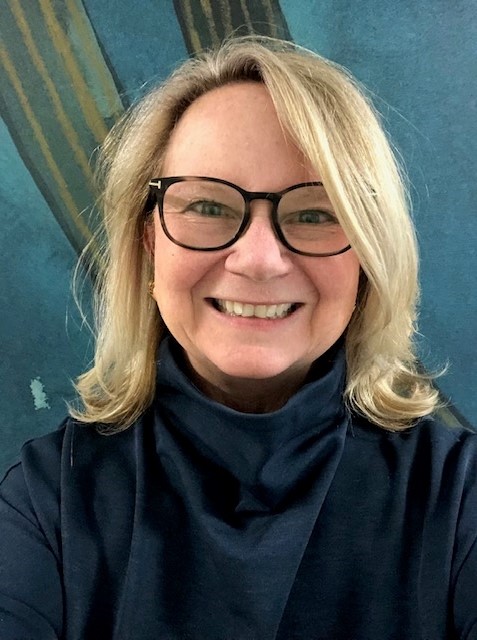
TBAJennifer van Eyk
Cedars-Sinai Medical Center, USA
TBAMatthias Mann
Max Planck Inst. of Biochemistry, Germany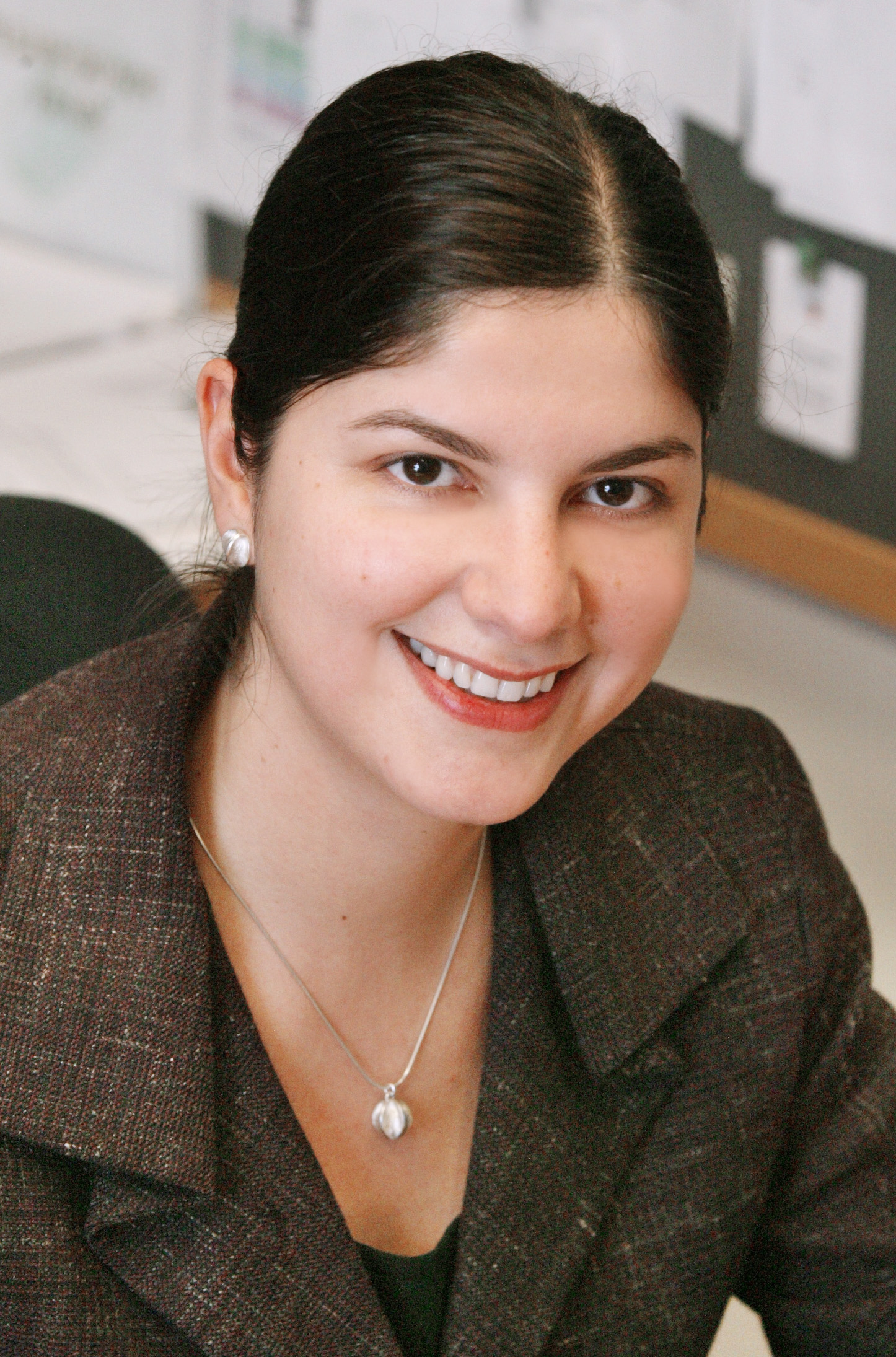
GIleana Cristea is the Henry L. Hillman Professor in Molecular Biology at Princeton University. Her laboratory investigates host-pathogen interactions and mechanisms of cellular defense during infection with human viruses. Towards this goal, she has been at the forefront of promoting the integration of the fields of virology and proteomics. She has developed methods for studying spatial and temporal virus-host protein interactions, bridging developments in mass spectrometry to important findings in virology. For example, her laboratory has contributed to the emergence of the research field of nuclear viral DNA sensing in immune response, to uncovering mechanisms driving organelle remodeling and a mitochondria-ER encapsulation structure during infection, and to the discovery of sirtuins as antiviral factors for therapeutic intervention. Dr. Cristea is the Past-President of the American Human Proteome Organization (US HUPO), the past-chair of the Biology/Disease-driven Human Proteome Project (B/D-HPP) of HUPO, and the Chair of the Infectious Disease team of HUPO B/D-HPP. She has taught the summer Proteomics Course at Cold Spring Harbor Laboratory for over ten years, and is Senior Editor for mSystems and Associate Editor for the Journal of Proteome Research. She was recognized with the Bordoli Prize from the British Mass Spectrometry Society (2001), NIDA Avant-Garde Award for HIV/AIDS Research (2008), Human Frontiers Science Program Young Investigator Award (2009), Early Career Award in Mass Spectrometry from ACS (2011), ASMS Research Award (2012), Molecular Cellular Proteomics Lectureship (2013), Mallinckrodt Scholar Award (2015), Discovery Award in Proteomic Sciences at HUPO (2017), and the Princeton University Graduate Mentoring Award (2020).Ileana M. Cristea
Princeton University, USA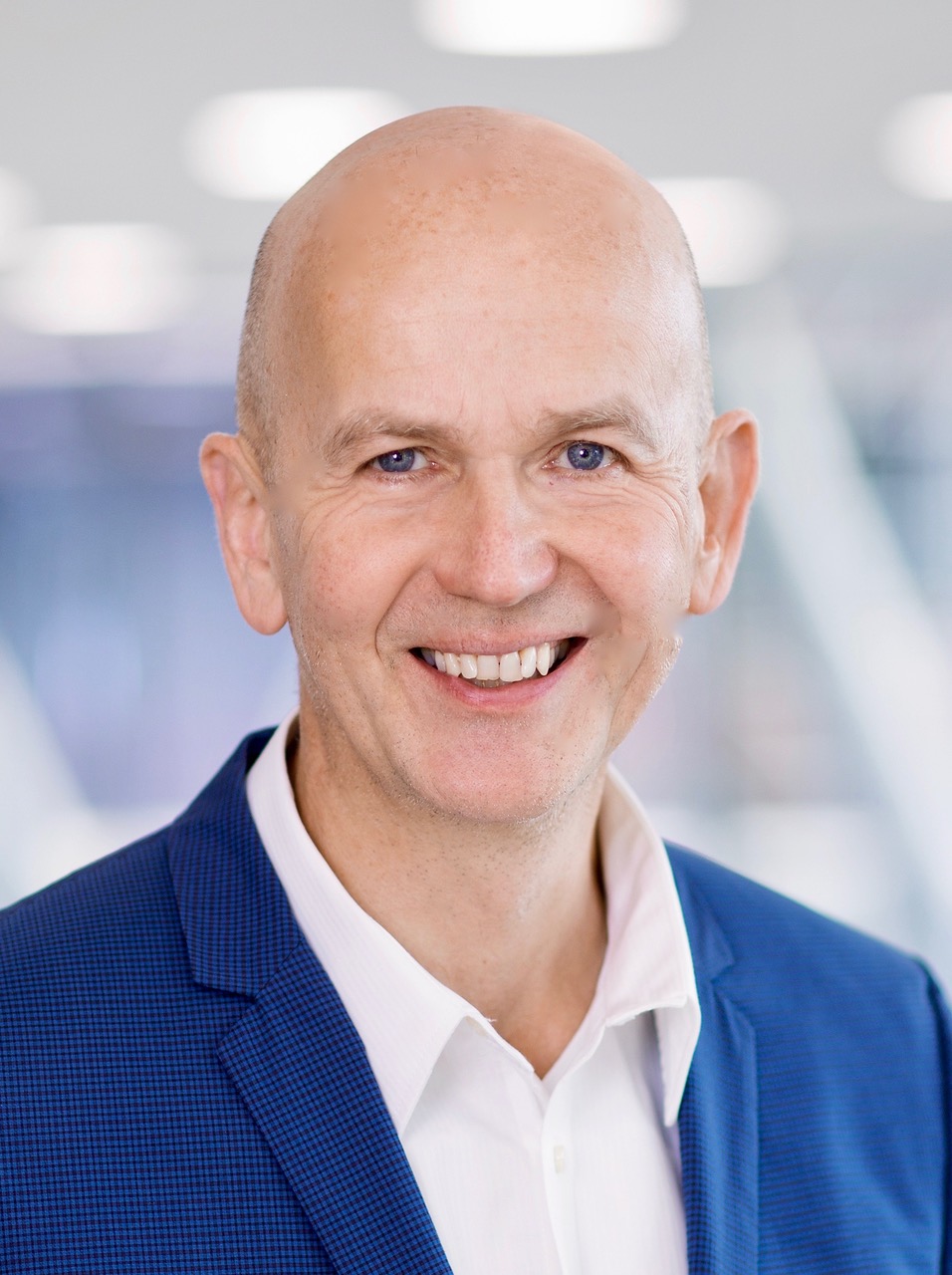
TBAMarius Ueffing
University of Tübingen, Germany.jpg)
TBAFan Liu
Leibniz Forschungsinst.Fur Molek. Pharmak.,Germany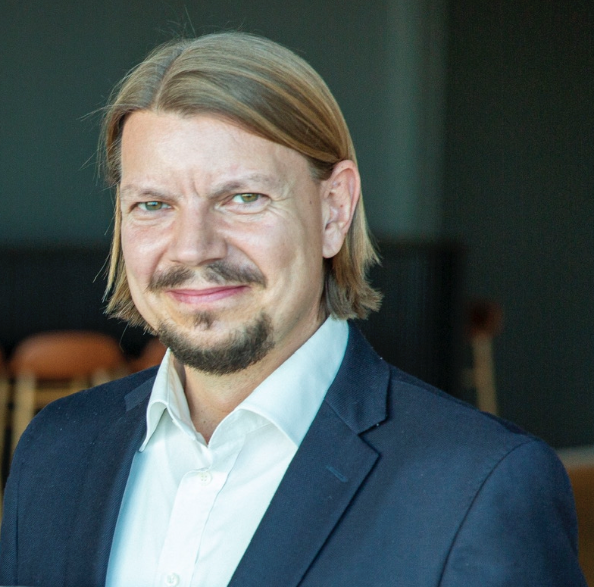
Jesper Olsen studied analytical chemistry at University of Southern Denmark in the laboratory of Roman Zubarev. After this, he worked two years at MDS Proteomics as staff scientist before joining the laboratory of Matthias Mann as PhD student. He spent 4 years as a post-doctoral fellow at the Max Planck Institute for Biochemistry in Munich. In 2009, Jesper was recruited to head a research group at the newly established Novo Nordisk Foundation Center for Protein Research (CPR) at University of Copenhagen (UCPH). In 2012, he was promoted to vice director of CPR and in 2014 full professor at UCPH. Jesper has made seminal contributions to the field of proteomics and high-resolution mass spectrometry, and pioneering quantitative phosphoproteomics technology and its application to study cell-signaling networks to answer outstanding questions in biology. His group is developing proteomics technology and their work on offline peptide chromatographic fractionation in combination with fast online LC-MS/MS has enabled comprehensive analysis of human proteomes. Most recently, his group has worked on the combination of FAIMS and DIA on the Orbitrap Exploris 480 MS for high-throughput analysis of human proteomes and spatial-proteomics revealing phospho-signaling dynamics at subcellularJesper Velgaard Olsen
University of Copenhagen, Denmark.png)
TBAOLE NØRREGAARD JENSEN
Denmark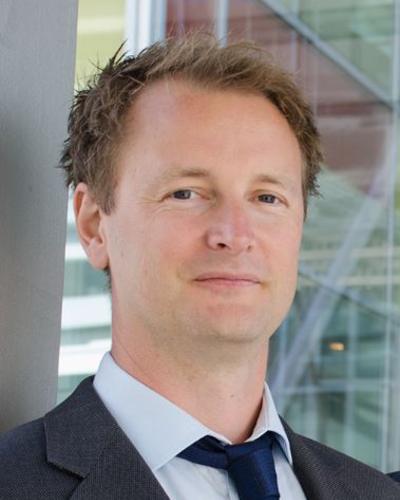
My research has to a large extent centered on biomarker discovery and verification in multiple sclerosis, but also includes studies on other neurological disorders. I have studied the protein composition in cerebrospinal fluid in relation to disease type, disease state, and treatment effect using mass spectrometry-based techniques. The proteomics data is compared with information from in-house generated databases, and combined with statistical analysis, which has led to a better understanding of which proteins and pathways that are affected during disease and treatment. Further insight has been gained through animal experiments, analysis of post mortem human brain tissue and immune cells in blood samples.FRODE BERVEN
University of Bergen, Norway.jpeg)
Dr. Margrét Thorsteinsdóttir is a Professor in Pharmaceutical Analytical Chemistry at the Faculty of Pharmaceutical Sciences, University of Iceland and she is the founder and R&D Director of ArcticMass LTd, Reykjavik, Iceland. Dr. Thorsteinsdóttir received her PhD from Uppsala University, Sweden in 1998. From 2000 to 2009 she was the managing director of Bioanalytical Laboratories at deCODE Genetics, Reykjavik, Iceland. She has extensive experience in the development of analytical methods for metabolite profiling and quantification of clinical biomarkers in various biofluids utilizing chemometrics with the goal of improved clinical management of patients towards personalized patient care. Her current research interest includes studies of lipid metabolism in cancer cells and profiling plasma derived biomarkers for early detection of BRCA-related breast cancer. She is responsible for implementation of clinical mass spectrometry for support of diagnostics and therapeutic drug monitoring in collaboration with ArcticMass and the Landspitali University Hospital, Reykjavik, Iceland with major focus on quantitative targeted proteomics for early detection of breast cancer. She is one of the founders of Females in Mass Spectrometry (FeMS), she is a vice-leader of the working group clinical significance and applications of (epi)lipidomics in the pan-European network, EpiLipidNET and vice-chair of the Nordic Metabolomics Society.Margrét Thorsteinsdóttir
University of Iceland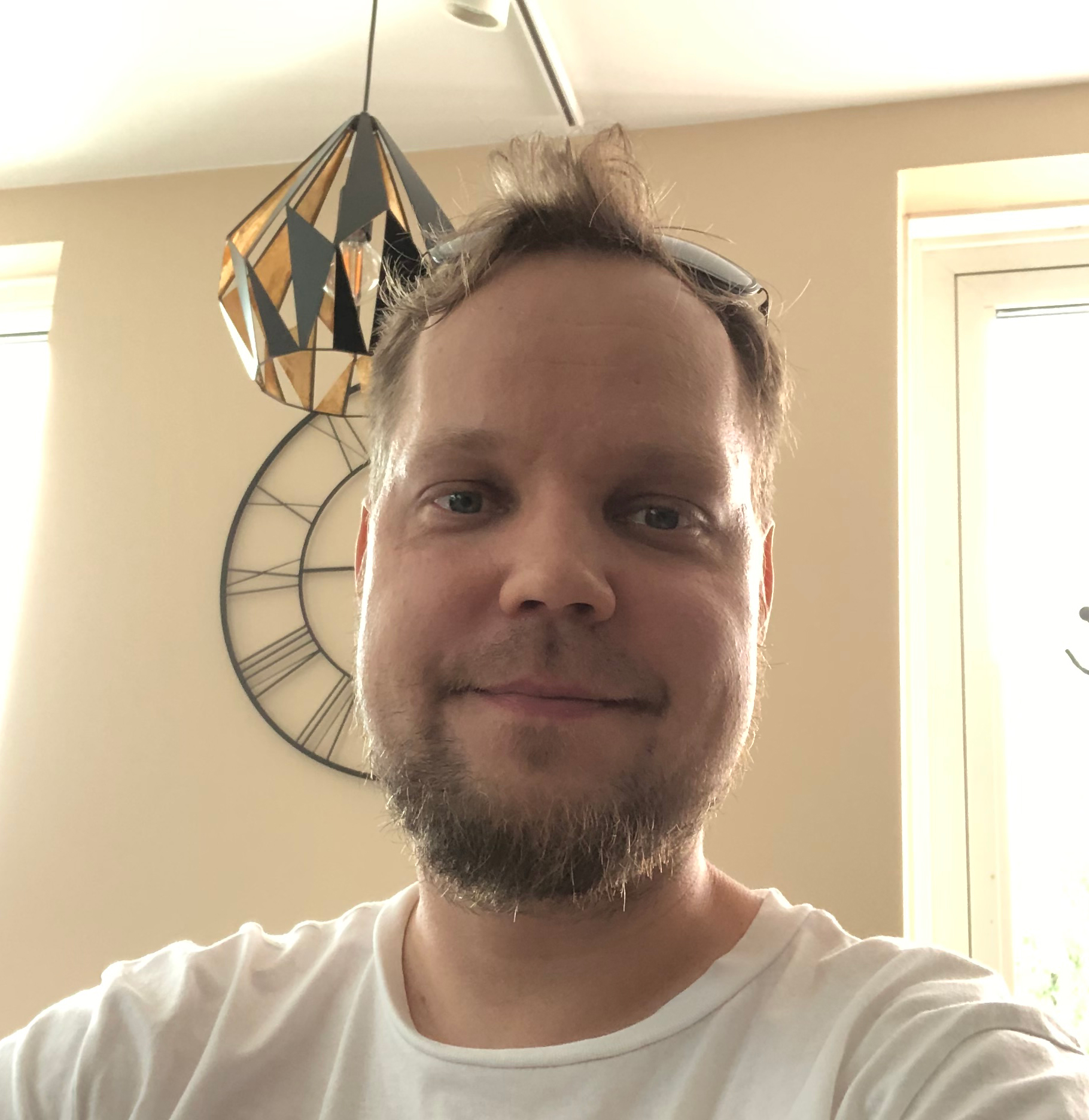
Dr. Markku Varjosalo serves as the Research Director at HiLIFE-Institute of Biotechnology, University of Helsinki. He also heads the Protein-Proteome Research Technology platform at the University of Helsinki. After obtaining his Ph.D. in 'Medical Systems Biology' from the University of Helsinki in 2008, he pursued a postdoctoral fellowship at ETH Zurich, Switzerland, before returning to Helsinki to further molecular systems biology research and education. With expertise in Molecular Systems Biology, Dr. Varjosalo emphasizes protein-protein interactions and has developed a significant web-based analysis pipeline for this data. With an extensive background in molecular systems biology and pathology, Dr. Varjosalo’s research group delves deep into understanding the cellular signaling molecules such as protein kinases, protein phosphatases, and transcription factors. Particularly, the group examines their roles in disease progression, especially within the immuno-oncology axis. By combining innovative experimental methodologies with computational approaches, Dr. Varjosalo and his team have shed light on how disease-causing mutations mediate their effects, enabling advancements in therapeutic and diagnostic applications.Markku Varjosalo
University of Helsinki, Finland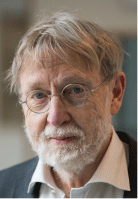
Ulf Landegren, MD PhD, is professor of molecular medicine at Uppsala University in Sweden, where he is developing molecular tools such as padlock probes and proximity ligation assays for nucleic acid and proteins assays, respectively. Ulf is a member of EMBO and the Royal Swedish Academy of Sciences, and of several academic and industrial boards and advisory boards. He has authored 230 peer-reviewed publications, and some 50 patents or applications. His lab has given rise to numerous spin-out companies with a combined staff of more than 900 people, including the publicly traded Olink Proteomics. Technologies from his lab have also been licensed to many leading international biotech and diagnostic companies.Ulf Landegren
Uppsala University, Sweden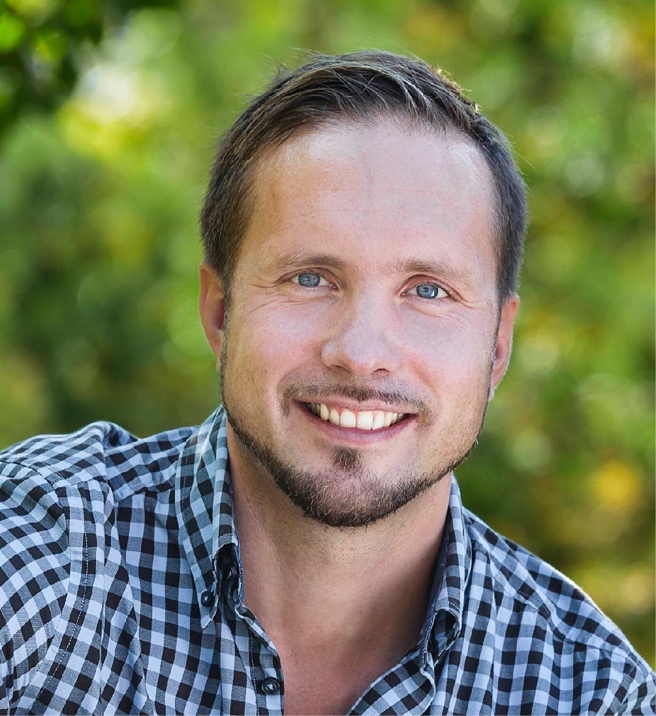
Professor Johan Malmström is a principle investigator of the infection medicine proteomics group at the Department of Clinical Sciences. Prof Malmström is also the node manager for the Lund University node in biolgocial mass spectrometry (BioMS) and one of the PI’s in the Lund University sepsis and bacterial resistance alliance (SEBRA). His research focus is to develop and apply proteomics techniques to characterize the molecular mechanisms behind invasive bacterial diseases. Prof Malmström has a particular focus on developing new proteomics techniques to investigate protein interactions between hosts and pathogen and to investigate systemic proteome changes during sepsis. Prof Malmström obtained his PhD in cellular and molecular proteomics in 2003 followed by postdoctoral training in USA and Switzerland before returning to Lund University in 2010.Johan Malmström
Lund University, Sweden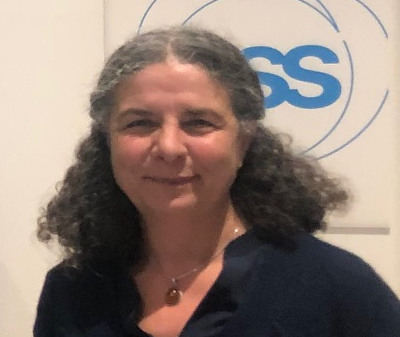
Giovanna Fragneto is the European Spallation Source Science Director since December 2022. Throughout her career spent mostly at the Institut Laue-Langevin in Grenoble, FR, she has developed research activities in soft matter and biophysics areas and worked extensively with the structural characterisation of amphiphiles at solid/liquid interfaces. She investigates model biological membranes characterized with reflectivity techniques using neutron beams or synchrotron radiation, as well as interactions of lipid bilayers with cholesterol, peptides, proteins, enzymes, cationic lipoplexes, etc. She has pioneered the use of a new model membrane system now well known in the membrane community. For this work she has been awarded the 2006 BTM Willis Prize of The Institute of Physics and Royal Society of Chemistry, UK and in 2023 she has been awarded the JCIS-Darsh Wasan Award for Outstanding Life-time Achievements in Surface and Colloid Chemistry.Giovanna Fragneto
European Spallation Source ERIC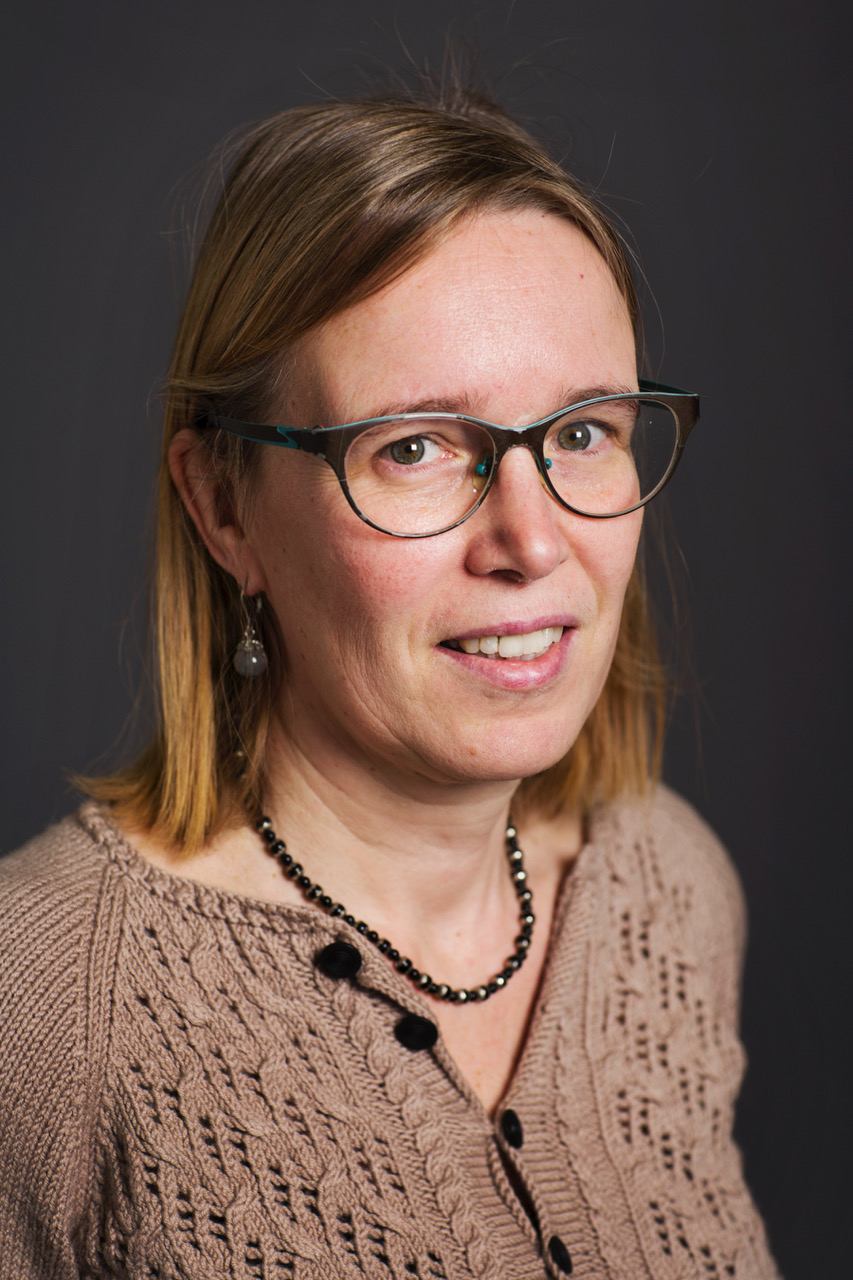
Marjolein Thunnissen, currently serving as the Life Science Director at MAX IV, oversees a diverse array of beamlines offering synchrotron-based instrumentation tailored for the life sciences community. These beamlines encompass a wide spectrum of applications, including protein crystallography, small angle X-ray scattering, cutting-edge imaging techniques, X-ray absorption methods, and more. In addition to her technical responsibilities, Marjolein plays a pivotal role in fostering relationships with users, both from academic and industrial backgrounds, while also spearheading educational and training initiatives. Marjolein's academic journey commenced at the University of Groningen, the Netherlands, where she embarked on her undergraduate and doctoral studies in chemistry. It was during her undergraduate years that her fascination with unraveling the intricate structure-function relationships of proteins through X-ray diffraction was ignited. Her enduring commitment to synchrotron facilities began with her maiden visit as an undergraduate, sparking a lifelong dedication to these invaluable scientific infrastructures. She has solved several protein structures, amongst which the structure of Leukotriene A4 Hydrolase, the first member of the M1 group of zinc metalloproteases for which a structure got determined.Marjolein Thunnissen
MAX IV Laboratory, Lund, Sweden
Annika Jenmalm Jensen is a pharmacist by training and finished her PhD in Medicinal Chemistry in 1998 at Uppsala University. She then joined the pharmaceutical industry first at Pharmacia, later at Biovitrum, where she held various positions and for the last many years worked as a project leader. In 2009, Annika left Biovitrum and started to work towards the inauguration of Chemical Biology Consortium Sweden (CBCS) where she was the Director between 2010-2016. In 2016 she was appointed Infrastructure Director at SciLifeLab which she combines being a head of division at MBB, KI. Annika has a passion for Drug Discovery and believes highly in performing the early preclinical research in close collaboration with academia. Another passion lies in promoting and recognizing team science contributions in academic hiring promotion and tenure.Annika Jenmalm Jensen
Uppsala University, Sweden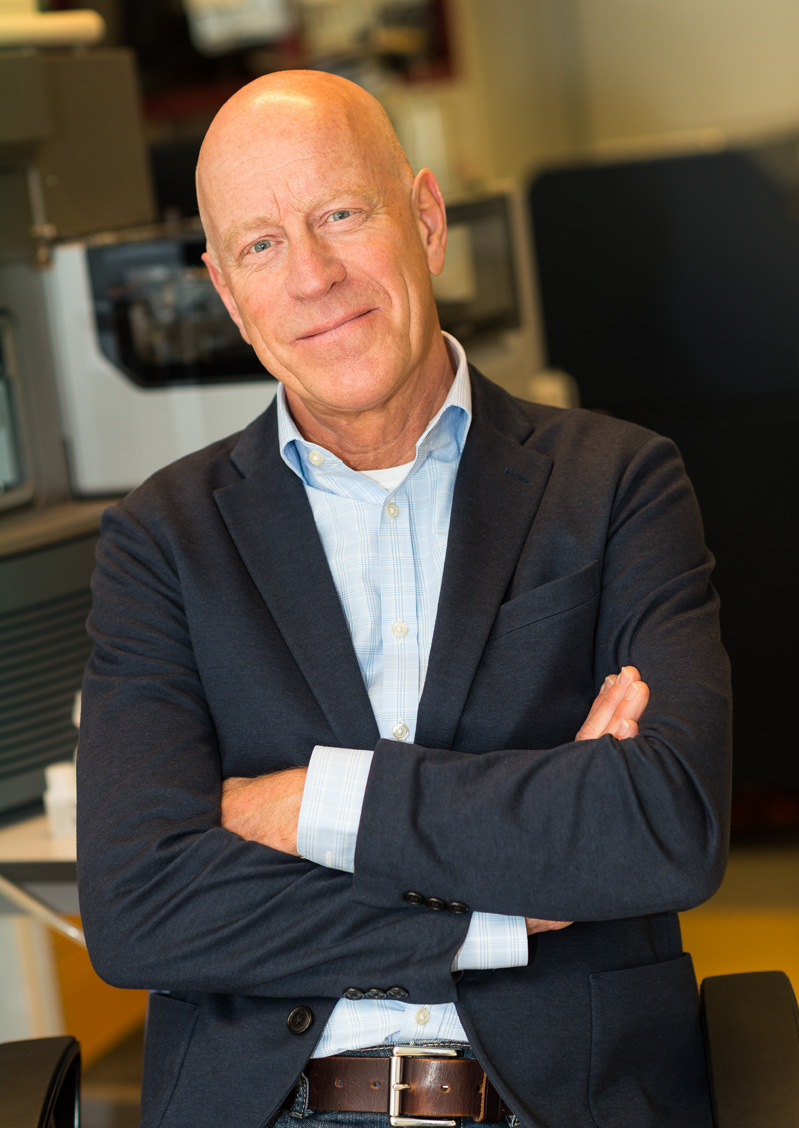
TBAPer Andrén
Uppsala University, Sweden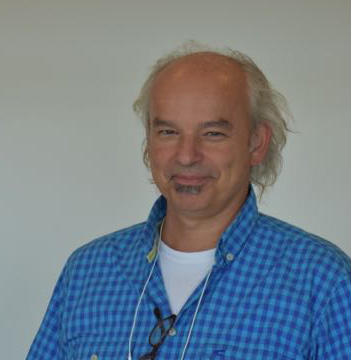
The major research foci of György Marko-Varga spans clinical studies, drug characterisation, clinical protein science and biobanking. In 2017, Marko-Varga was appointed the Director of the European Cancer Moonshot Center located at Lund University in Sweden. He aso initiated a follow-up partnership within the Cancer Moonshot 2.0, led by the Biden-Harris administration from 2022 to 2027, and is aligned with 10 medical centers across Southern Sweden, Europe and Asia. The established clinical and technological infrastructure, the recruited scientific research team, the collaborations with pharmaceutical industry, and the connections with onclogy centers further cement his position as a lead in the field..György Marko-Varga
Lund University, Sweden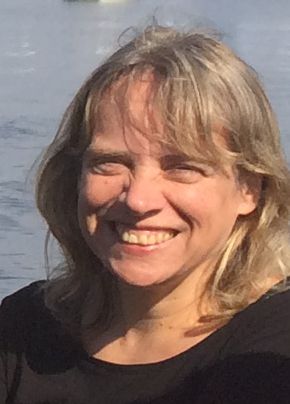
With a background in quantum theory, applied ion physics and instrument construction I have grown into a clinical chemist with an enthusiasm for CSF assay development. My most cited works include ultra-short laser pulses, unusual glycosylation sites, and methods to quantify tricky proteins that are (almost) impossible to detect. I enjoy working with synaptic proteins because they are often amphiphilic, exist in various modified forms, and at low soluble levels. Furthermore, they reflect brain processes that are clinically important and challenging to study.Ann Brinkmalm
Göteborg University, Sweden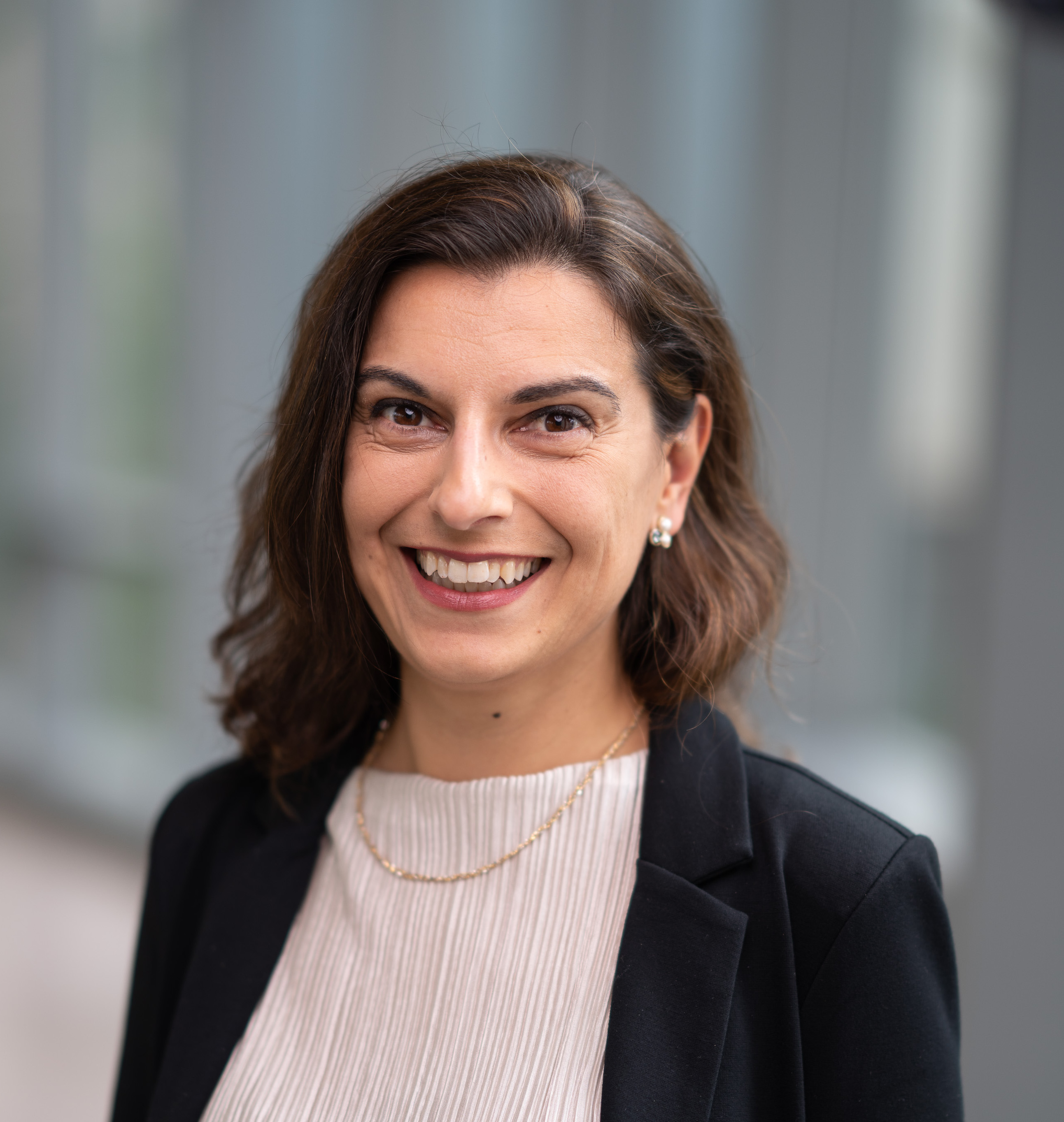
Kristina Masson, Ph.D., MBA, is Co-Founder and EVP, Business Operations at Acrivon Therapeutics, Inc. a publicly traded Boston-based biotech company, and President and CEO of the company´s research subsidiary Acrivon AB located in Medicon Village, Sweden. Here she has established all infrastructure, heads all operations, and runs the phospho-proteomic discovery and early drug programs for the company’s proprietary AP3 platform. In 2016, she founded and operated OncoSignature AB., a small biotech company focused on identifying predictive biomarkers for clinical-stage cancer therapeutics for U.S. companies. OncoSignature’s business was subsequently acquired by Acrivon AB. Prior to that, she was a Principal Scientist at Merrimack Pharmaceuticals, Cambridge, MA where she co-led, managed, and participated in cross-functional teams in both preclinical and clinical-stage therapeutic antibody programs, designing projects to identify predictive biomarkers, combination strategies and resistance mechanisms. Before joining Merrimack Pharmaceuticals, Kristina was a Post-Doctoral Fellow in the Golub lab at the Broad Institute of MIT and Harvard, developing assays for novel therapeutics and automated high-throughput drug screening approaches centered around synthetic lethality in cancer. Kristina holds a Ph.D. in Molecular Signaling and a M.Sc. in Biomedicine from Lund University, Sweden, and she received her Executive MBA from the Massachusetts Institute of Technology Sloan School of Management.Kristina Masson
Acrivon Therapeutics, Lund, Sweden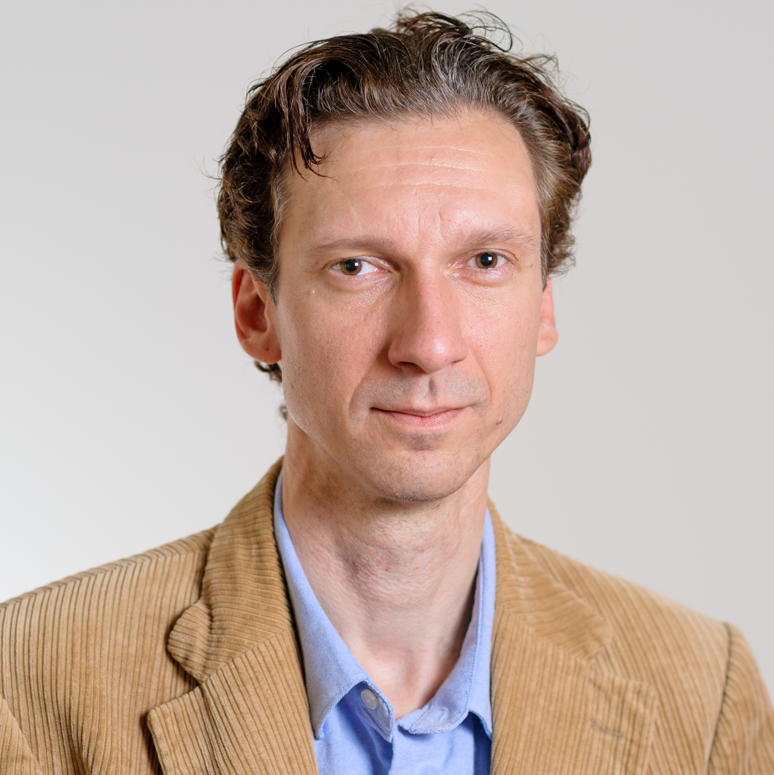
Simon Ekström received his PhD-degree in Electrical measurements (Area: Medical and chemical microsystems) in 2006 from Lund University. The PhD-thesis work was performed in a cross-disciplinary environment involving researchers from the Engineering and Medical faculties in Lund as well as from the company Astra Zeneca, also in Lund. Following the PhD-degree, Simon spent many years developing the area of microtechnology for protein analysis at the Department of Biomedical Engineering, while also working in a start-up company, based on his ideas, where he was responsible for R&D. In 2017 he transferred to the medical faculty and joined BioMS to build up and develop HDX-MS as resource for structural protein analysis, since 2021 he is head of unit for the Scilifelab unit Stuctural Proteomics, part of the ISB platform, where he and his colleagues have been very successful in helping researchers and companies understand different aspects of protein structure, dynamics and interaction.Simon Ekström
Lund University, Sweden
TBATBA
TBA